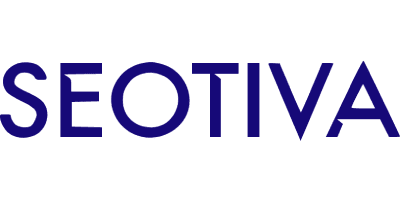Conducting Keyword Research: The Key to a Successful SEO Strategy
Keyword research is the foundation of any effective SEO strategy. By identifying the keywords and phrases that your target audience is using to find products or services like yours, you can optimize your website’s content and structure to rank higher in search engine results pages (SERPs). This process involves using tools such as Google Keyword Planner, SEMrush, and Ahrefs to identify high-traffic, low-competition keywords that you can use to optimize your website.
Book a free strategy call
Developing a Content Strategy that Aligns with User Intent
Once you have identified the right keywords, it’s time to create a content strategy that aligns with user intent. This means understanding the questions and needs that your target audience has and creating content that provides valuable solutions. Your content strategy should include blog posts, infographics, videos, and other types of content that are optimized for your target keywords and designed to engage and educate your audience.
Optimizing Your Website’s Technical SEO
Technical SEO is the process of optimizing your website’s structure and backend code to improve its visibility and performance in search engine results pages. This includes optimizing page load times, ensuring that your website is mobile-friendly, and implementing schema markup to provide additional context to search engines. A well-optimized technical SEO strategy can help to improve your website’s crawlability, indexability, and relevance, leading to higher search engine rankings and more organic traffic.
Building High-Quality Backlinks to Boost Authority
Backlinks are one of the most important factors that search engines use to determine the authority and relevance of a website. By earning high-quality backlinks from other authoritative websites, you can improve your website’s credibility and boost its rankings in search engine results pages. To build high-quality backlinks, you should focus on creating high-quality content that other websites will want to link to, as well as reaching out to other websites in your industry and building relationships with them.
Local SEO: Optimizing for Local Searches
If your business has a physical location or serves a specific geographic area, it’s essential to optimize your website for local searches. This involves creating local landing pages, optimizing your Google My Business listing, and building citations and backlinks from other local websites. By optimizing for local searches, you can improve your visibility and attract more qualified traffic from users in your area.
Measuring and Analyzing Your SEO Performance
Finally, to ensure that your SEO strategy is working effectively, it’s important to regularly measure and analyze your performance. This includes tracking your search engine rankings, monitoring your organic traffic, and analyzing user behavior on your website. By using tools such as Google Analytics and Google Search Console, you can gain valuable insights into the effectiveness of your SEO strategy and make data-driven decisions to improve your results over time.
Contact SEOTIVA today to learn more about how our SEO services can help you attract more organic traffic, and improve conversion rates.



